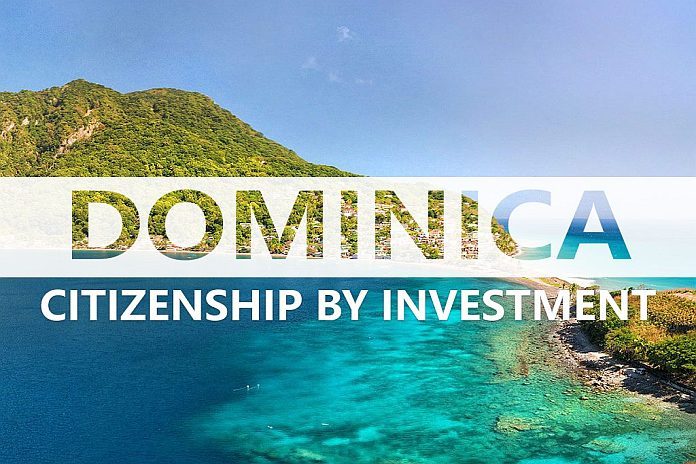By Caribbean News Global ![]()
LONDON, England – The International Monetary Fund (IMF) staff concluding statement of 2019 discussion on common policies of member countries of the Eastern Caribbean Central Bank (ECCB) and individual Eastern Caribbean Currency Union (ECCU) countries stated: “Growth rebounded in 2018 and has remained robust so far in 2019. ECCU’s GDP growth accelerated to 3¾ percent in 2018, reflecting buoyant tourism and sizable Citizenship-by-Investment (CBI) inflows, which helped support Dominica’s reconstruction-led recovery from the 2017 hurricane.”
The IMF stated that: “CBI inflows are also projected to moderate,” however, “Global risks, such as adverse confidence effects from rising protectionism and weaker US growth, could weigh on the outlook. Region-specific risks include natural disasters, increasing banks’ foreign exposures, continuing exit of global banks, and continued pressures on corresponding banking relationships (CBRs) against the backdrop of elevated non-performing assets. Positive surprises in CBI inflows, if well-managed, constitute potential upside risks.
The IMF advised that: “Ongoing collaboration on CBI programs’ financial integrity to improve their transparency and governance could help lower negative perceptions about the use of CBI programs. Such collaboration could support the region-wide sustainability of these flows and financial stability.”
The IMF staff concluding statement of 2019 also suggested that: “Over the longer term, a regional pooling of fiscal resources can complement national fiscal buffers to build resilience against natural disasters and other shocks at a lower cost,” and that, “this pooling of resources could complement national insurance strategies against natural disasters, a key pillar of the Disaster Resilience Strategies currently being piloted in Dominica and Grenada”.
IMF staff concluding statement of 2019 discussion on common policies of member countries of ECCU
Going forward, the IMF says, “in the near term, economic activity would be supported by further post-hurricane reconstruction, tourism investment, and some agribusiness projects.”
The CBI programme has built the foundation of a prosperous ecotourism sector in Dominica by offering carefully vetted investors to obtain citizenship to invest in real estate and spur economic activity and/or make a one-off contribution to the Economic Diversification Fund (EDF), to helped transform the island into a burgeoning green economy rooted in sustainability and climate resistance.
Last month, the Economic Commission for Latin America and the Caribbean (ECLAC) indicated that Dominica was the fastest growing economy, in the entire Latin America and the Caribbean region in 2019. The island’s GDP is said to have jumped up by nine percent, attributed to CBI, soaring tourism numbers and public sector construction.
UN ECLAC economic – CBI findings on Dominica and St Kitts – Nevis
The combination of CBI, eco-tourism, and investment in climate resilience strategies are paying off for overall economic boom with good prospects for long-term sustainable growth.
Dominica wins champions in challenge award for resilient recovery after hurricane Maria
“This is an even more impressive achievement considering the fact that the island had suffered a loss worth 226 percent of GDP after hurricane Maria in September 2017,” the report concluded.





